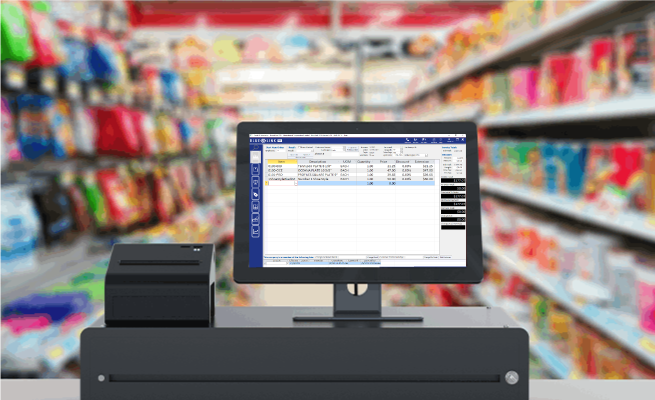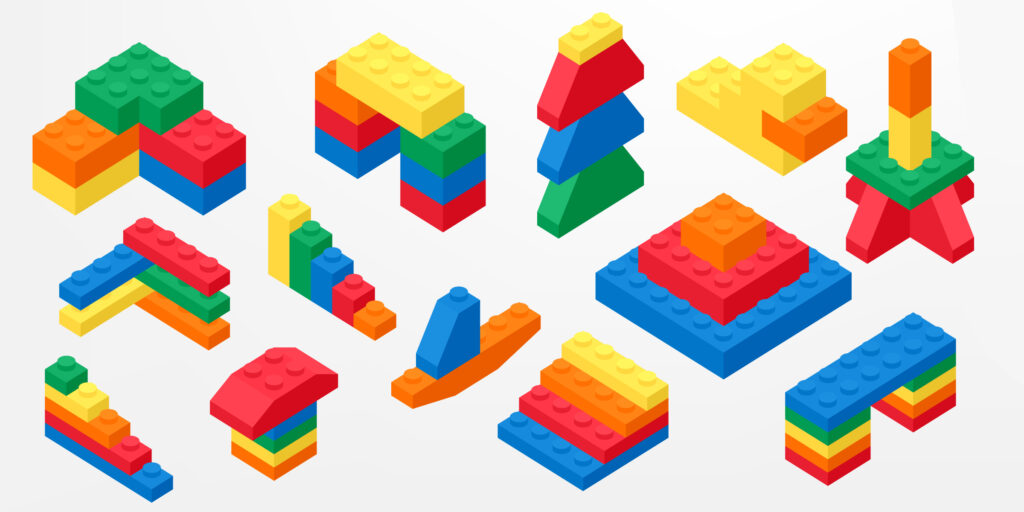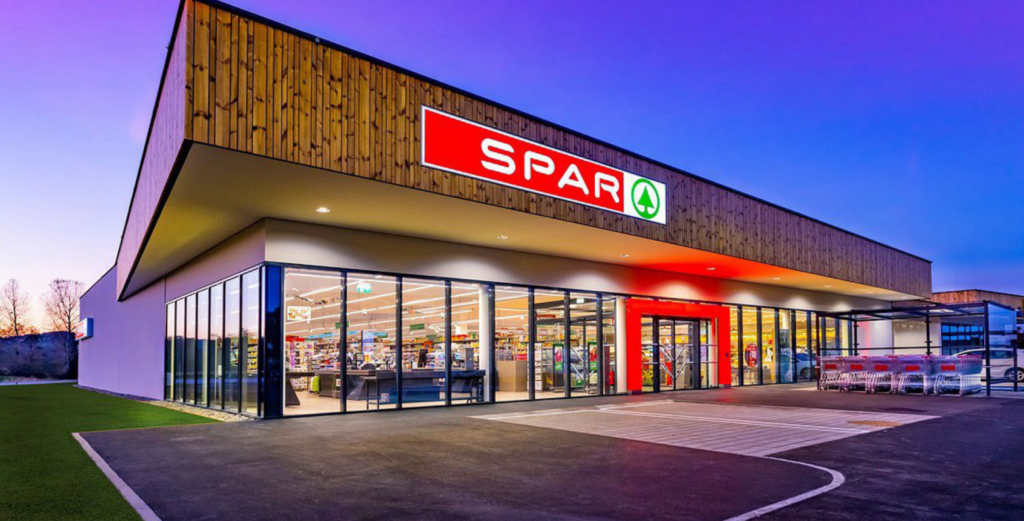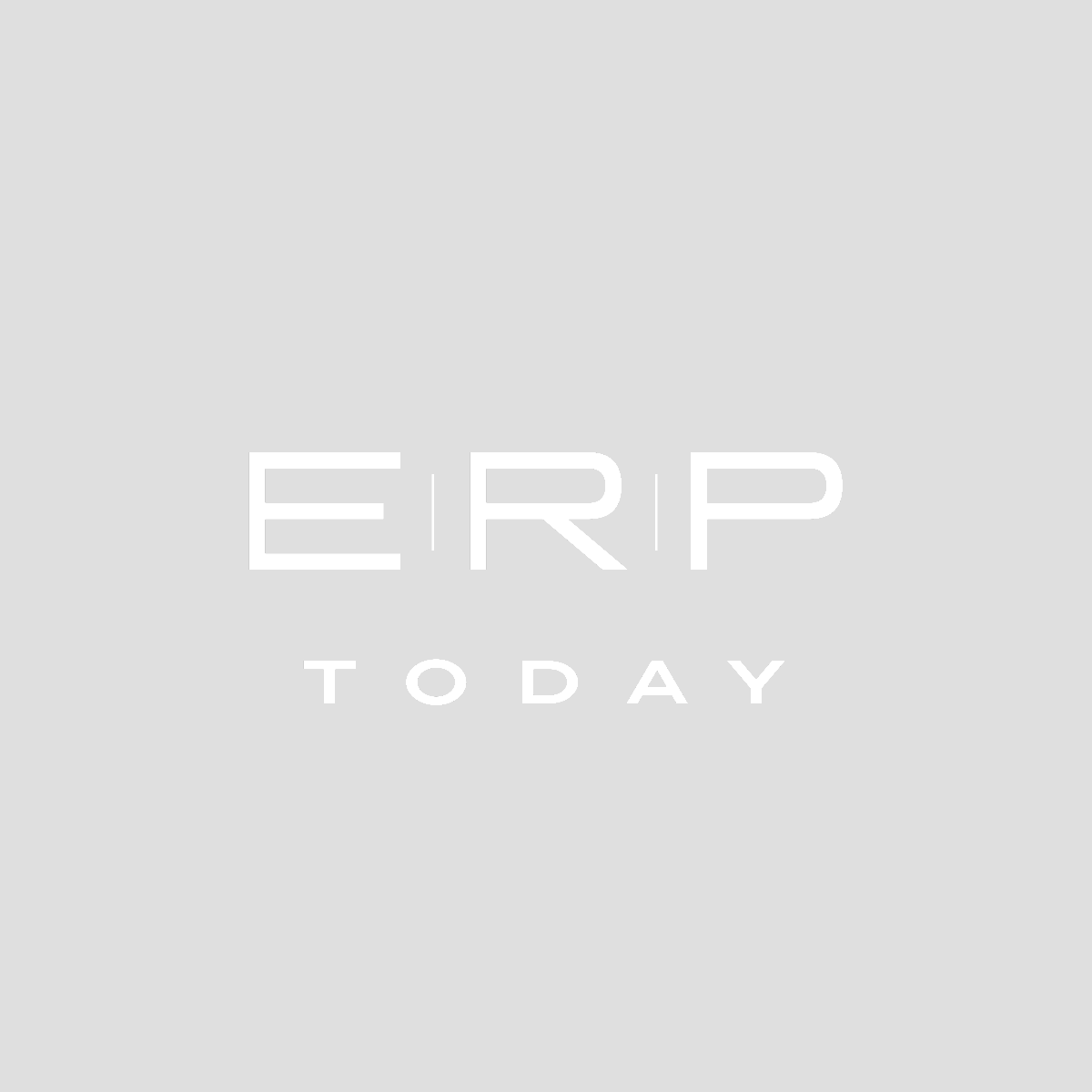In the fast-paced world of retail, staying ahead means not only offering sought-after products but also ensuring seamless operations. Enterprise Resource Planning (ERP) systems have emerged as a cornerstone in achieving this balance, helping retailers manage inventory, sales, customer data, and supply chains efficiently. But amidst a sea of options, which ERP system reigns as the best for retail? In this guide tailored for senior business leaders, we’ll delve into this question and provide recommendations to aid your decision-making process.
Understanding Retail ERP:
Let’s begin by ensuring a clear understanding of what Retail ERP entails.
Retail ERP: Tailored to the retail industry’s unique demands, retail ERP systems encompass a wide array of functionalities. These include inventory management, point-of-sale (POS) systems, supply chain optimization, and customer relationship management (CRM). An optimal retail ERP should streamline operations, elevate customer experiences, and bolster profitability.
Qualities of the Best Retail ERP:
Now, let’s explore the critical characteristics that distinguish an ERP system as the best fit for retail businesses:
1. Inventory Mastery:
- Real-time Inventory Control: An ERP should offer real-time inventory tracking and predictive demand analytics, ensuring that your inventory levels remain balanced to minimize overstock and understock scenarios.
- Multi-Location Compatibility: If your retail enterprise operates through multiple outlets or maintains an online presence, the ERP should seamlessly oversee inventory across all channels.
2. POS Integration:
- Seamless Transactions: An ERP should effortlessly integrate with your POS system, guaranteeing smooth, precise transactions. Furthermore, it should accommodate various payment methods, including mobile payments and contactless transactions.
3. Customer Relationship Enhancement:
- Customer Insights: A robust CRM component within the ERP system aids in gathering and dissecting customer data. This data is vital for crafting personalized shopping experiences, executing targeted marketing campaigns, and launching loyalty programs.
- Marketing Automation: ERP solutions featuring marketing automation tools simplify customer engagement and communications.
4. Supply Chain Excellence:
- Supplier Collaboration: Effective supply chain management is a linchpin of retail success. A top-notch retail ERP should encompass tools for supplier management, procurement optimization, and punctual deliveries.
- Demand Prediction: Precise demand forecasting can curtail inventory expenses and amplify overall supply chain efficacy.
5. Scalability:
- Flexibility for Growth: As your retail venture expands, your ERP system should exhibit scalability. The best retail ERP solutions can adapt to accommodate the evolving needs of your business.
6. Omnichannel Support:
- Unified Shopping Experience: Modern retail mandates a seamless shopping experience across all channels, online and offline. Optimal retail ERPs facilitate omnichannel retailing, making shopping, returns, and brand interactions effortless for customers.
7. Analytical Prowess:
- Data-Driven Insights: Advanced reporting and analytics tools are indispensable for senior business leaders. They provide valuable insights into sales trends, customer behavior, and overall performance, enabling data-driven decision-making.
Recommendations for Retail ERP:
Considering the aforementioned criteria, here are three notable ERP systems recommended for retail businesses:
1. Microsoft Dynamics 365 for Retail:
- Combines Microsoft’s robust technology with retail-specific features.
- Offers comprehensive POS integration, inventory management, and CRM capabilities.
- Scalable and adaptable to evolving retail needs.
- SAP’s renowned ERP system tailored for the retail sector.
- Streamlines end-to-end retail processes from procurement to customer engagement.
- Provides advanced analytics and supply chain optimization.
- Oracle’s cloud-based ERP solution designed for retailers.
- Features integrated inventory management, POS, and customer insights.
- Offers scalability and real-time data for informed decision-making.
Conclusion:
In the world of retail, the choice of ERP system can be a game-changer. The best ERP for retail is one that aligns seamlessly with your business objectives, enhancing customer experiences, optimizing supply chain processes, and bolstering profitability. By meticulously evaluating your options and selecting the right ERP system, you can position your retail enterprise for success in an ever-competitive market.
In summary, the optimal ERP system is a powerful tool, revolutionizing the way you manage retail operations and equipping you to adapt nimbly to shifting customer demands and market dynamics.




